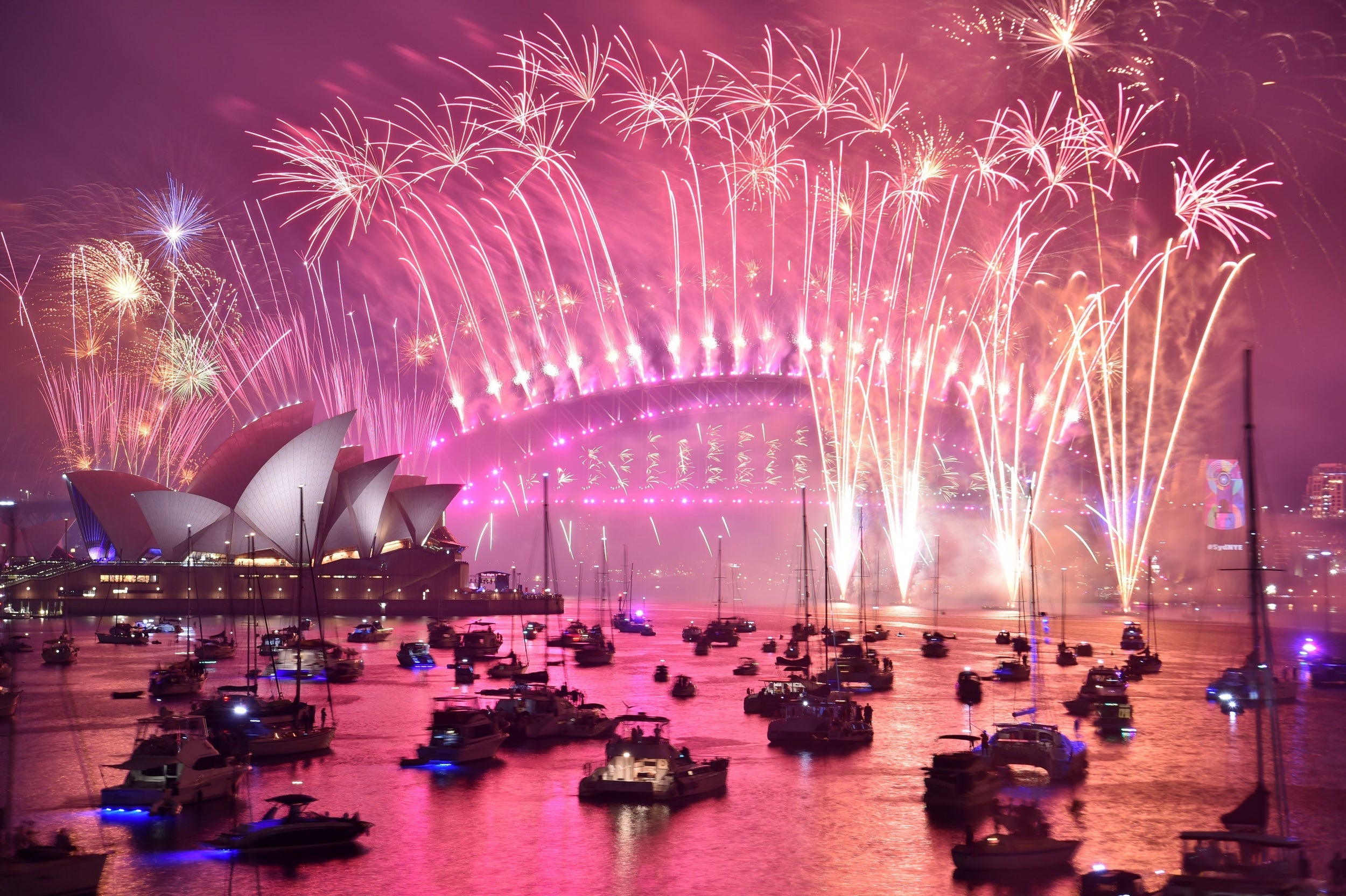Australia flights: Why it’s cheaper to book last minute
Plane Talk: the disadvantages of buying well ahead outweigh the benefits

Your support helps us to tell the story
From reproductive rights to climate change to Big Tech, The Independent is on the ground when the story is developing. Whether it's investigating the financials of Elon Musk's pro-Trump PAC or producing our latest documentary, 'The A Word', which shines a light on the American women fighting for reproductive rights, we know how important it is to parse out the facts from the messaging.
At such a critical moment in US history, we need reporters on the ground. Your donation allows us to keep sending journalists to speak to both sides of the story.
The Independent is trusted by Americans across the entire political spectrum. And unlike many other quality news outlets, we choose not to lock Americans out of our reporting and analysis with paywalls. We believe quality journalism should be available to everyone, paid for by those who can afford it.
Your support makes all the difference.A colleague asked a simple question with a complex answer: “When is the best time to book a flight?”
The correct reply is: “Well, there’s a fearsomely complex interaction of the route and the time of year.”
But for flights from the UK to one specific part of the world, my answer is: around 8am on the day you want to travel.
For many flights, booking on the day of departure means an absurdly high fare. For a half-hour hop this evening from Heathrow to Manchester, British Airways wants £371 for the 151-mile journey. (Eurostar does much the same: a standard-class seat from London to Paris costs £191 on the day.)
In the 1980s, standby travel was the way to go. Whether you wanted a cheap (ish) seat on a BA SuperShuttle from London to Edinburgh, or a Pan Am flight to New York, Miami or San Francisco, turning up at the airport and hanging around at the ticket desk worked more often than not.
Once on board, you could be pretty sure you had paid less than anyone else on the plane.
These days transport providers generally take the view that anyone who needs to book on the day must be making a “distress purchase” of some sort, and therefore will be insensitive to the price.
Yet if you are going much, much further, that effect disappears. On the 10,000-mile-plus run from the UK to Australia, there is rarely any disadvantage in buying on the day – and often you will get an amazing deal.
Right now I am looking at a fare of £705 return from Heathrow to Sydney, on a flight leaving in three hours.
It isn’t the most direct trip between the biggest cities in the UK and Australia: the airline is United, and the route includes stops outbound in Washington DC and Los Angeles. Coming back, San Francisco and Houston are the cities where you will be a temporary guest.
You wouldn’t want to sign up without a valid Esta to get you into the US. But if you have, then the transpacific sectors are aboard the Boeing 787, which makes going the long way around bearable.
Travelling in the more usual eastbound direction, choose from Philippine Airlines via Manila for £845 return, or Cathay Pacific via Hong Kong for £921.
The first provides the chance to night-stop in the Filipino capital, which I would relish for an evening out in the fabulous Intramuros walled city and a chance to tackle jet lag early. But Cathay offers an almost Concorde-like performance, under 23 hours, thanks to an 85-minute connection and the fact that the shortest possible route from London to Sydney goes straight over the top of Hong Kong.
It works from other UK starting points to other Australian cities, too. Manchester-Melbourne? Cathay Pacific pops up again, at just £849 return on the day, of course via Hong Kong. The inbound flight for my putative return date of 10 September requires an annoying extra stop in Paris, but on other days I dare say you can fly home in just two hops.
Several times each week, I read heart-rending messages from travellers who have committed many months in advance to expensive trips, only for events to intervene – of the non-insurable kind, such as work, family or pre-existing illness.
To reduce risk and avoid disappointment, book late. Very late. Even over Christmas and new year, the peak time for travel between the UK and Australia, very late bookers can be the people on the plane who have paid least.
There is one really significant potential downside: serious disruption, whether that is caused by a tropical storm or political upheavals, such as Hong Kong has been experiencing. The closure of Cathay Pacific’s base by demonstrators took out thousands of seats on one of the most favourable airlines between the UK and Australia, precipitating a shortage of capacity that lasted for several days.
But since Australia is accessible via the western hemisphere, that is not an insurmountable problem.
Sure, people tend to like a bit more certainty. And if you are wisely building in a stopover along the way, then probably booking a week ahead is a good plan. But if you just need to get to Australia in the next couple of days, make the most of some amazing prices.
Join our commenting forum
Join thought-provoking conversations, follow other Independent readers and see their replies
Comments